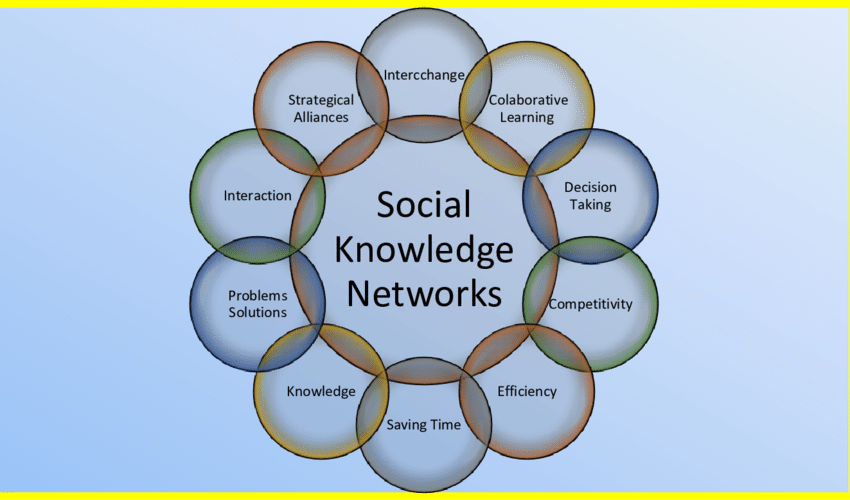Each of us, through superficial observation, can see that social phenomena are of a very different nature to physical phenomena. In addition, not only do we see them differently, but we also act differently from them. But what is social knowledge really?Many psychologists have tried to find answers to these questions throughout history.
The study of social knowledge is a very broad and relevant area of research, in fact, the interest in this field of study is varied and can be considered from many points of view (psychological, pedagogical, epistemological,?). Two specific aspects will be discussed: the construction of representations of social reality and the nature of social phenomena.
- A fundamental aspect of social knowledge is to understand how it is built.
- When people look at how the world works.
- Build representations or models that explain what we perceive.
- This serves to make sense of what is happening outside of us and to create our own models.
- Which are very useful as a framework of action.
Indeed, representations allow us to anticipate what will happen and act accordingly, it is easy to deduce the great value of our ability to create and adjust valid models, for example, because we understand a representation of how electricity works and how it can work. They damage us in certain situations, we reject the idea of sticking our finger in the plug.
A fundamental aspect of the human species is its social environment. Thanks to life in society we were able to adapt to a hostile environment, despite the natural deficiencies of the human being. Therefore, it makes sense to think that we must have a great repertoire of social models that allow us to know how to act in our daily lives in the social context.
Within these representations or models of society, which is what is called social knowledge in psychology, we can find three main categories:
While it seems obvious that there are differences between a physical and a social phenomenon, making these differences explicit becomes complicated. Physical events can be defined as objective and independent of individual and social events as subjective and dependent, but from a socio-constructivist perspective this distinction makes no sense.
An attempt to understand how social phenomena are composed is what the philosopher John Searle proposes, who to explain the representations of the social world presents three elements: (a) the constituent rules, (b) the attribution of functions and (c) collective functions. Intentionality.
Just as a game is made up of rules, Searle says so are institutions. And the importance of these rules is that without them, neither games nor institutions could exist.
For example, to play chess there is a regulation that tells us what we can and cannot do, if these rules did not exist the game would not make sense, because the same thing happens with our institutions, they exist to the extent that we say they exist. A clear example is money. There are rules that indicate the value of each ticket and under what conditions they can be redeemed, if the rules did not exist, the money would be just metal or paper.
When we talk about assigning functions we mean assigning functions to objects or people, we say that chairs are made to sit and forks to help eat, but these are not intrinsic properties of objects, the function is imposed by the human being. Being. This attribution is largely collective, which produces socially shared knowledge in relation to the role of people and objects in society.
Finally, it is important to understand the role of collective intentionality, that is, the attempt of the human being to share his beliefs, desires and intentions, which allows us to act in a context where cooperation is possible, thus managing to live in an adaptive and safe environment. society for all individuals.
Social knowledge helps us understand and know how to act within society, your study has great added value and allows us to act at various levels, for example in education understanding this allows us to know what pedagogical models or measures we must take to create a fairer and more cooperative society.

